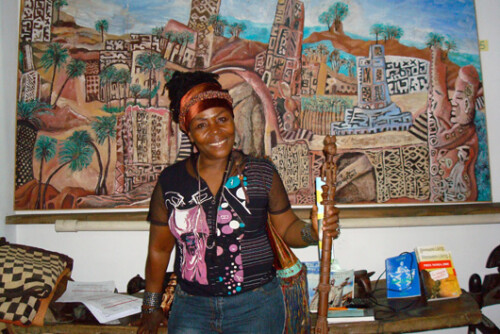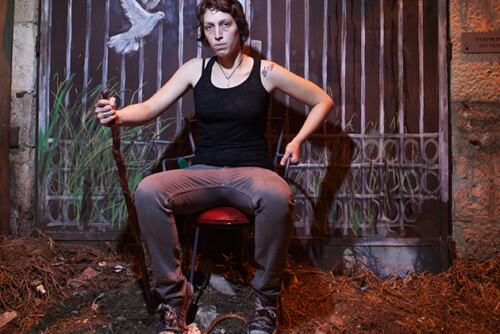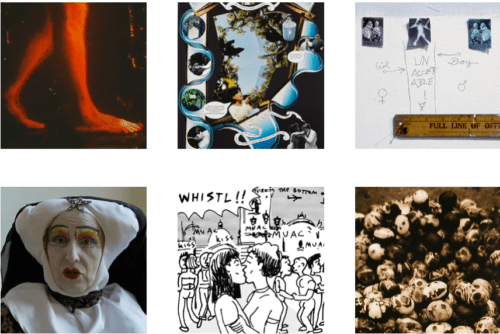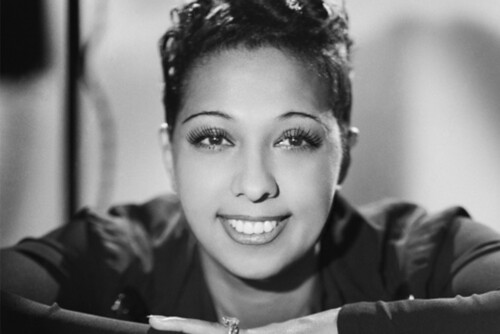Moving On with More Awareness
There is no doubt that the training institute offered a unique and transformative experience. I was privileged to meet women and men from all over the world who were committed to contributing to the betterment of society at both a local and global level. Even its challenges proved transformative because of the reflection—and action—they engendered. And even though the definitions of “women” and “diaspora” employed by the training institute silenced and excluded some of the participants, the assessment of these limitations served as an impetus for the development of an alternative form of activism, namely Sauti Yetu.
I consider every woman I met that summer a sister, not merely because we share the same biology or because of our relationship—real or imaginary—to the continent. We are sisters because we are activists, united by a passion to effect change in society. The fact that our socio-political situations differ does not matter. The fact that we may not have access to the same tools to combat social injustice is of no consequence. We are all committed to contributing our utmost to the psychological, social, and economic liberation of the human experience. I am greatly indebted to the hardworking staff that put forth the effort to make this gathering a reality.
By interrogating the complexity of terms such as “women” and “diaspora,” I hope this paper serves as an essential first step in improving and authenticating our activism. My wish is that this discussion will enrich the planning of future training institutes, as organizers strive to honor the experiences of all participants. Such institutionalized activist endeavors are limited by a global body of knowledge engaged in theorizing—instead of listening to and understanding—lived experience. However, since lived experience varies by the individual, true activism involves interrogating and honoring the unique circumstances of every single person we plan to serve.
Works Cited
African Women’s Millennium Initiative on Poverty and Human Rights (AWOMI), 2009. http://www.awomi.org.
Butler, Kim D. “Defining Diaspora, Refining a Discourse.” Diaspora 10.2 (2001): 189-219.
Kelly, Robin D.G. “How the West was One: The Uses and Limitations of Diaspora.” The Black Studies Reader by Jacqueline Bobo, Cynthia Hudley and Claudine Michel. New York: Routledge, 2004.
Mohanty, Chandra Talpade. “Under Western Eyes: Feminist Scholarship and Colonial Discourse.” The Women, Gender and Development Reader. Visvanathan, Nalini and et al. (eds.). London: Zed Books, 2006: 79-86.
The Nike Foundation, 2009. http://nikefoundation.org.
Wasserman, Herman. “The Possibilities of ICTs for social activism in Africa: an exploration.” Paper presented at Codesria’s 30th anniversary conference: “Intellectuals, Nationalism and the Pan-African Ideal.” Dakar, Senegal: 8-11 Dec 2003.
World Bank. “Concept Note: Mobilizing the African Diaspora for Development.” 7 Sep 2007. http://www.worldbank.org/afr/diaspora.



